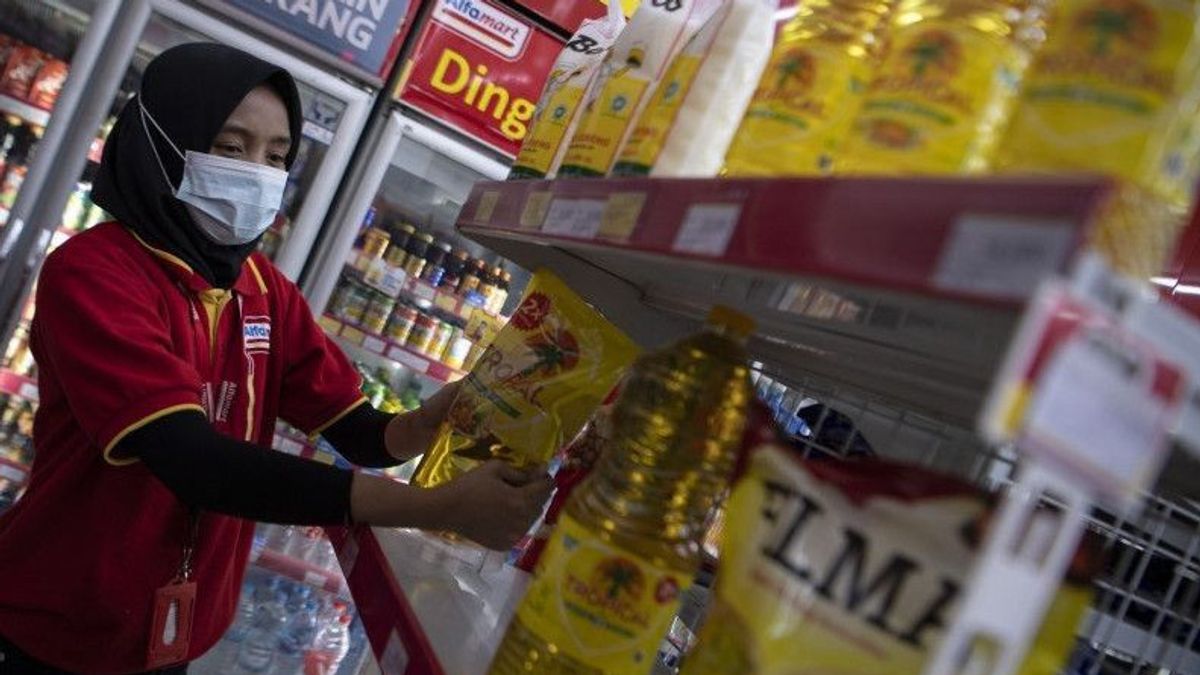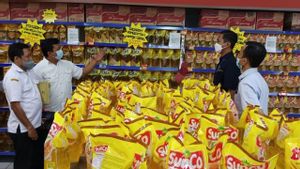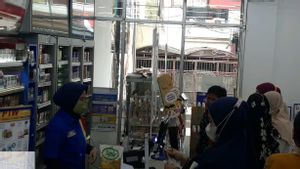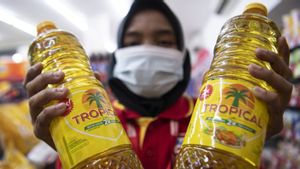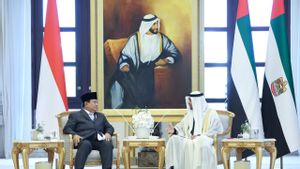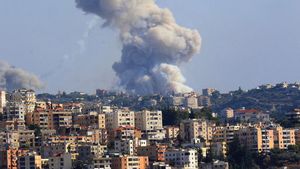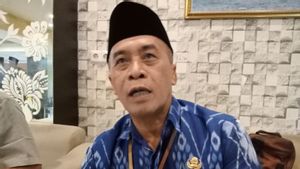JAKARTA - The Business Competition Supervisory Commission (KPPU) has asked the government to revoke regulations that hinder the birth of new domestic cooking oil producing companies. With the growth of new producers, it can break the dominance of large companies.
As is known, the domestic cooking oil market share is still controlled by a handful of large companies. In fact, it tends to lead to an oligopoly structure.
KPPU's Director of Economics, Mulyawan Ranamenggala, said that the simplification of the rules for the emergence of new oil producers is expected to affect the price of cooking oil in the downstream sector.
"There are several regulations that hinder the emergence of new business actors in the cooking oil industry, such as the Minister of Agriculture Number 21 of 2017 which requires at least 20 percent of raw materials from the plantation itself," he said in a virtual press conference, Thursday, January 20.
Furthermore, Mulyawan said that with the increasing number of cooking oil producers in Indonesia, it is hoped that price competition will be tighter so that prices can be more stable.
"Our suggestion is for the government to revoke regulations that pose barriers to entry for new business actors in the cooking oil industry, including local and small-medium scale businesses. With the increasing number of new business actors, it is hoped that it will reduce the dominance of vertically integrated business groups," he explained.
Based on data processed by KPPU, there are a number of cooking oil producers that have the highest market share. The largest had a share of 14 percent, 13.3 percent, 11 percent, and 8.2 percent. From these findings, 46.5 percent of the market share concentration ratio is controlled by four companies.
Mulyana said the four companies are also integrated with producers of palm oil (CPO), which is the main raw material for cooking oil. This condition, he said, leads to an oligopoly industrial structure.
SEE ALSO:
Furthermore, Mulyana said that based on data obtained from the Central Statistics Agency (BPS), the majority of cooking oil factories were found on the island of Java. While others are in Sumatra and Kalimantan.
As for the details, 23 factories in East Java, 11 factories in DKI Jakarta, 6 factories in West Java, 3 factories in Central Java, and 2 factories in Banten. In total there are 45 factories operating on the island of Java.
Then, 14 factories in North Sumatra, 3 factories in South Sumatra, 3 factories in Lampung, 2 factories in West Sumatra, and 1 factory in the Riau Islands. Then, 2 factories in West Kalimantan, 2 factories in South Kalimantan, 1 factory in East Kalimantan and 1 factory in Central Kalimantan.
On the same occasion, the Commissioner of KPPU, Ukay Karyadi said that although currently there are many variants of cooking oil brands found on the market, the producers are relatively similar in origin.
Therefore, Ukay said that cooking oil producers should be increased so that the bargaining power of consumers and producers is relatively equal.
"This is already the government's domain, KPPU only participates in supervising it," said Ukay.
The English, Chinese, Japanese, Arabic, and French versions are automatically generated by the AI. So there may still be inaccuracies in translating, please always see Indonesian as our main language. (system supported by DigitalSiber.id)
